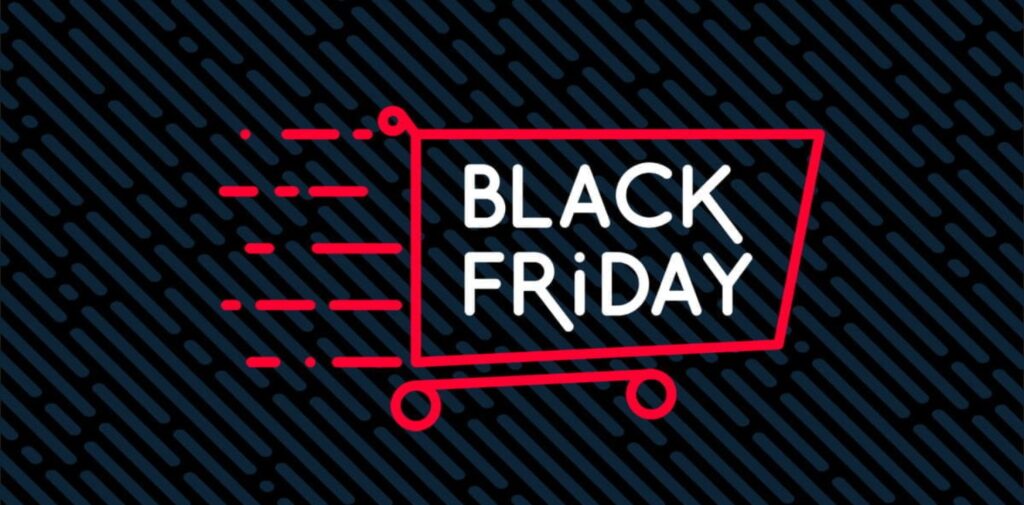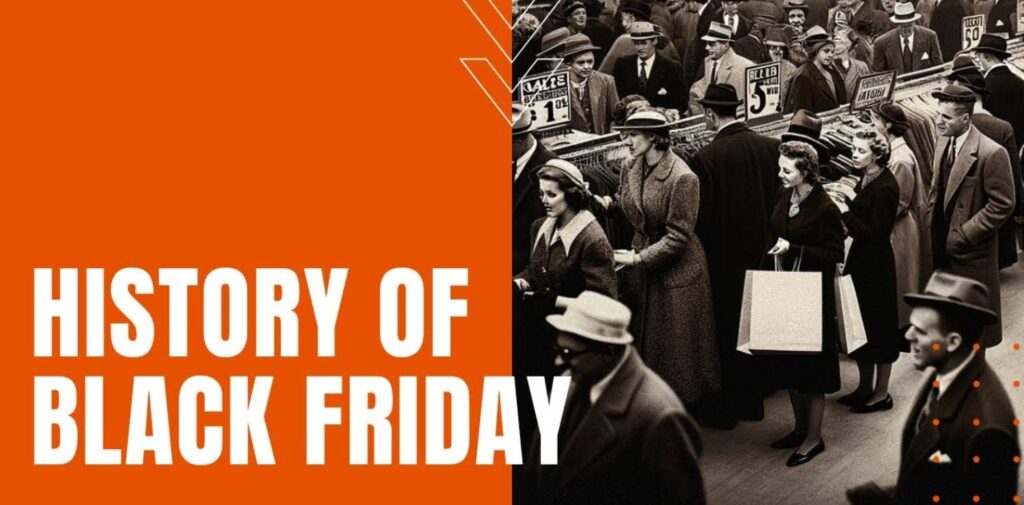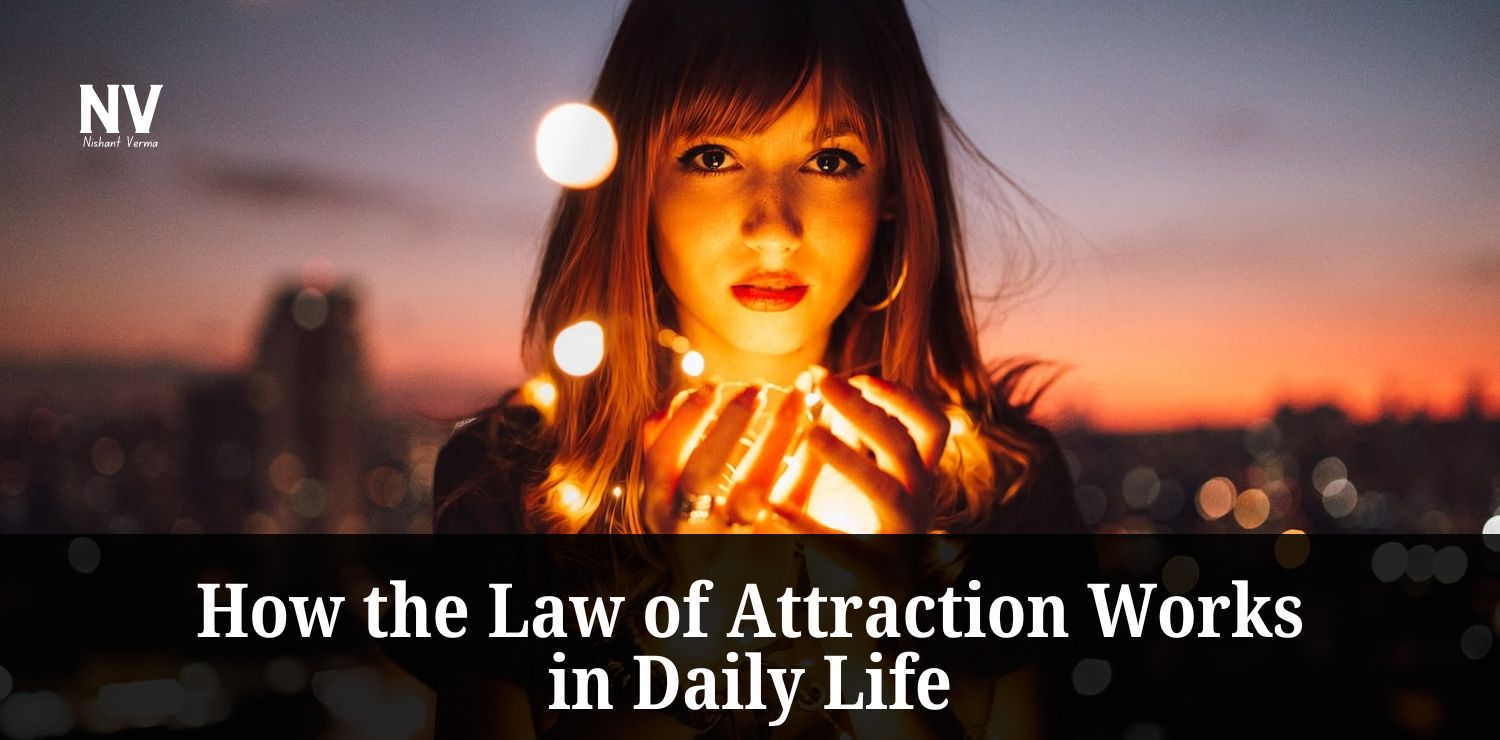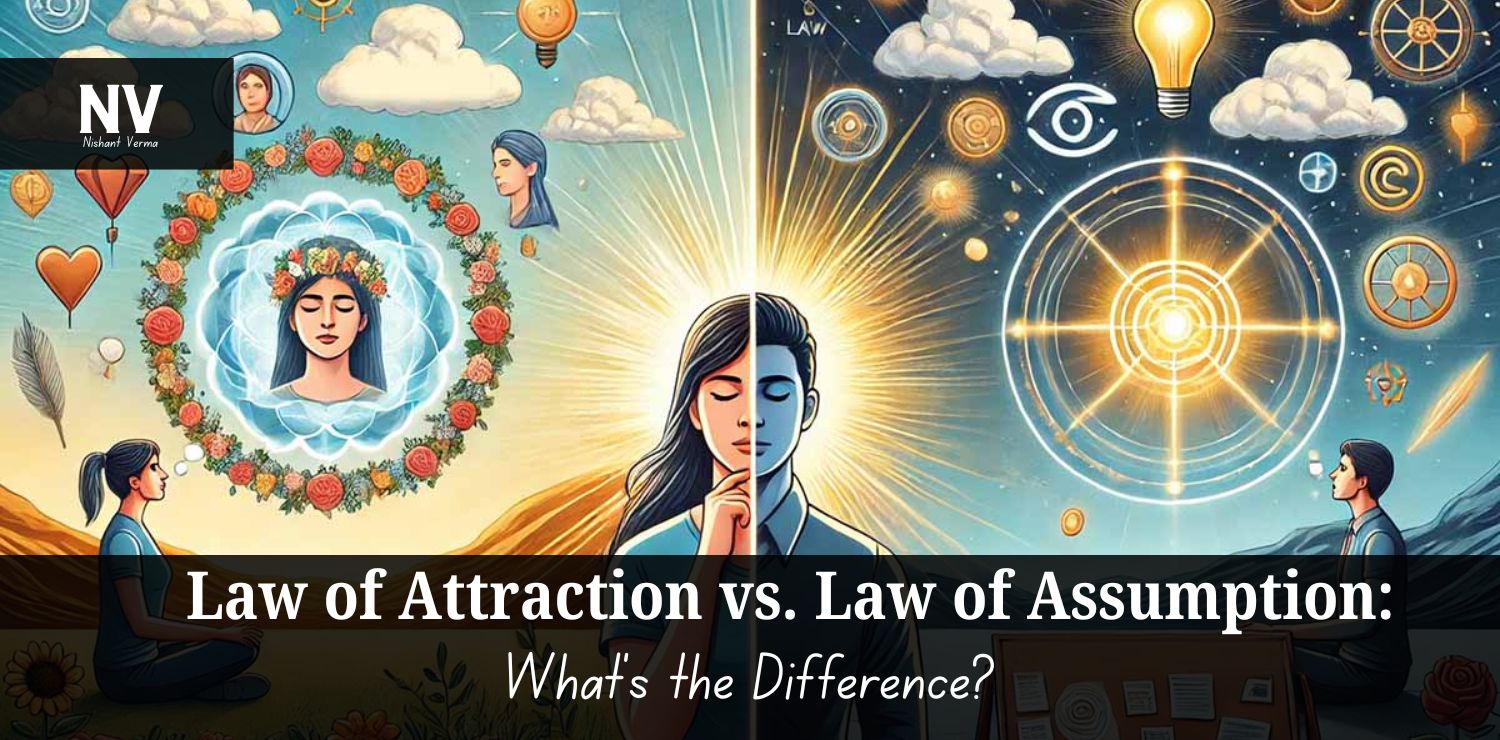Black Friday is one of the most anticipated shopping days in the world, marking the beginning of the holiday shopping season. Every year, millions of people flock to stores, both physical and online, in search of massive discounts and special offers. But what exactly is Black Friday? Why is it called Black Friday, and how did it become such a huge event? Let’s take a closer look at the history, meaning, and significance of Black Friday Biggest Shopping Day of the Year.
What is Black Friday?
Black Friday refers to the day after Thanks giving in the United States, which falls on the fourth Thursday in November. This day is traditionally considered the start of the Christmas shopping season. On Black Friday, retailers offer large discounts on a wide range of products, from electronics to clothing to home goods. The aim is to attract large numbers of shoppers, both in stores and online, who are looking for good deals ahead of the holiday season.
Over time, Black Friday has grown into a global phenomenon, with shoppers around the world taking advantage of sales. The day is often marked by early morning sales, long lines, and significant online traffic as people search for bargains.

Why is it Called “Black Friday”?
The term “Black Friday” has an interesting history. Originally, it wasn’t a term of endearment. In the early 1960s, the Philadelphia Police Department used the term to describe the chaos that occurred on the day after Thanksgiving. The streets would become crowded with shoppers, and the police would often have to work long hours to manage the traffic and the crowds. It was seen as a stressful day for law enforcement, and the term “Black Friday” was used to reflect this hectic, disorderly situation.
However, as the years passed, the meaning of the term changed. Retailers saw Black Friday as a turning point for their businesses, the day when they would finally turn a profit for the year. In accounting, the term “in the red” means losing money, while “in the black” means making a profit. As Black Friday became a shopping event with huge sales, it symbolized the day when retailers would move from being “in the red” (losing money) to “in the black” (making money), thanks to the large volume of sales. This shift in meaning helped to transform Black Friday into the celebratory shopping event we know today.
The History of Black Friday
The Origins of Black Friday
Although Black Friday became widely recognized in the 1960s, the roots of Black Friday can be traced back to the rise of post-World War II consumerism in the 1950s. After the war, the economy in the United States grew rapidly, and consumer spending increased. By the late 1950s, retailers started to promote sales around the Thanksgiving weekend in order to capitalize on this new consumer culture.
However, the idea of a big shopping day before Christmas didn’t fully take hold until the 1960s, when the term “Black Friday” was used in Philadelphia. It wasn’t until the 1980s that retailers started to embrace the idea of Black Friday as a major shopping day and began to offer deep discounts to attract large numbers of customers.

The Growth of Black Friday
By the 1990s, Black Friday had become a national event in the United States, with retailers across the country offering special promotions and opening stores earlier in the morning, sometimes as early as 5 a.m. The rise of online shopping also played a role in expanding the Black Friday event. E-commerce companies like Amazon started offering Black Friday deals online, allowing shoppers to take advantage of discounts without leaving their homes. This made Black Friday even more accessible to people around the world.
Today, Black Friday has expanded beyond just one day. Many retailers start their sales on Thanksgiving evening, and some even begin their deals a week or more before Black Friday itself. This shift has led to what’s known as “Black Friday Week” or “Cyber Week,” which includes both in-store and online sales.
The Rise of Cyber Monday
In addition to Black Friday, another major shopping event has emerged: Cyber Monday. Cyber Monday refers to the Monday following Black Friday, and it focuses on online sales. As more and more people started shopping online, retailers began offering exclusive online deals for Cyber Monday. This has led to another boom in sales, with millions of people taking advantage of discounts from the comfort of their homes or offices.
How Black Friday Has Changed Over the Years
In the early days of Black Friday, shoppers would line up outside stores in the early morning hours, hoping to get their hands on deeply discounted items. Stores would often offer “doorbuster” deals, where a limited number of items were sold at incredibly low prices to attract customers. As the years went by, this tradition of opening stores early and offering special deals evolved into an all-day event, with some stores even opening at midnight or earlier.
The rise of online shopping has also changed the way people experience Black Friday. While some people still enjoy the excitement of shopping in physical stores, many others prefer to shop online for convenience and to avoid the crowds. This has led to the growth of online-only promotions, including those for Cyber Monday, where retailers offer discounts and deals on a wide range of products.
Why Do People Love Black Friday?
There are many reasons why Black Friday has become so popular. For one, it offers shoppers a chance to get great deals on items they may not have been able to afford otherwise. Many retailers offer discounts of 30% to 70% off regular prices, making it an attractive time for shoppers looking to save money.
Black Friday is also associated with the holiday season, and for many people, it marks the beginning of the Christmas shopping period. It’s a time for families and friends to get together and shop for gifts for their loved ones. Some shoppers even view Black Friday as a fun tradition, where they go out with family or friends to enjoy the excitement of the sales.
Moreover, retailers and advertisers have done a great job of promoting Black Friday, with ads, TV commercials, and social media campaigns creating a sense of urgency. Many stores limit the number of discounted items available, which can lead to competition among shoppers to get the best deals.

The Future of Black Friday
While Black Friday has evolved over the years, it’s clear that this shopping event is here to stay. The rise of online shopping and the increase in global participation in Black Friday sales means that the event will continue to grow and change. Retailers are likely to continue offering both in-store and online deals, giving shoppers more flexibility in how they take part in the sales.
One trend that may continue is the lengthening of the sales period. With stores and online retailers starting sales earlier and continuing them for days or even weeks, Black Friday may eventually become less about a single day and more about an entire shopping season. In fact, “Black November” may become the new norm, where sales and discounts are offered throughout the month leading up to Thanksgiving.
Conclusion: Black Friday Biggest Shopping Day
Black Friday has come a long way from its origins as a chaotic shopping day in Philadelphia. Today, it is a global phenomenon that marks the start of the holiday shopping season, with retailers offering deep discounts on everything from electronics to clothing. Whether shopping in stores or online, millions of people take part in Black Friday each year. The term “Black Friday” may have started with a negative connotation, but today it is synonymous with excitement, deals, and the holiday spirit. Whether you love it or hate it, Black Friday is here to stay, continuing to shape the way we shop and celebrate the holidays.




